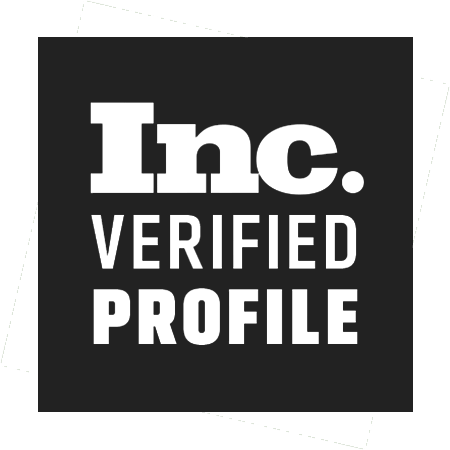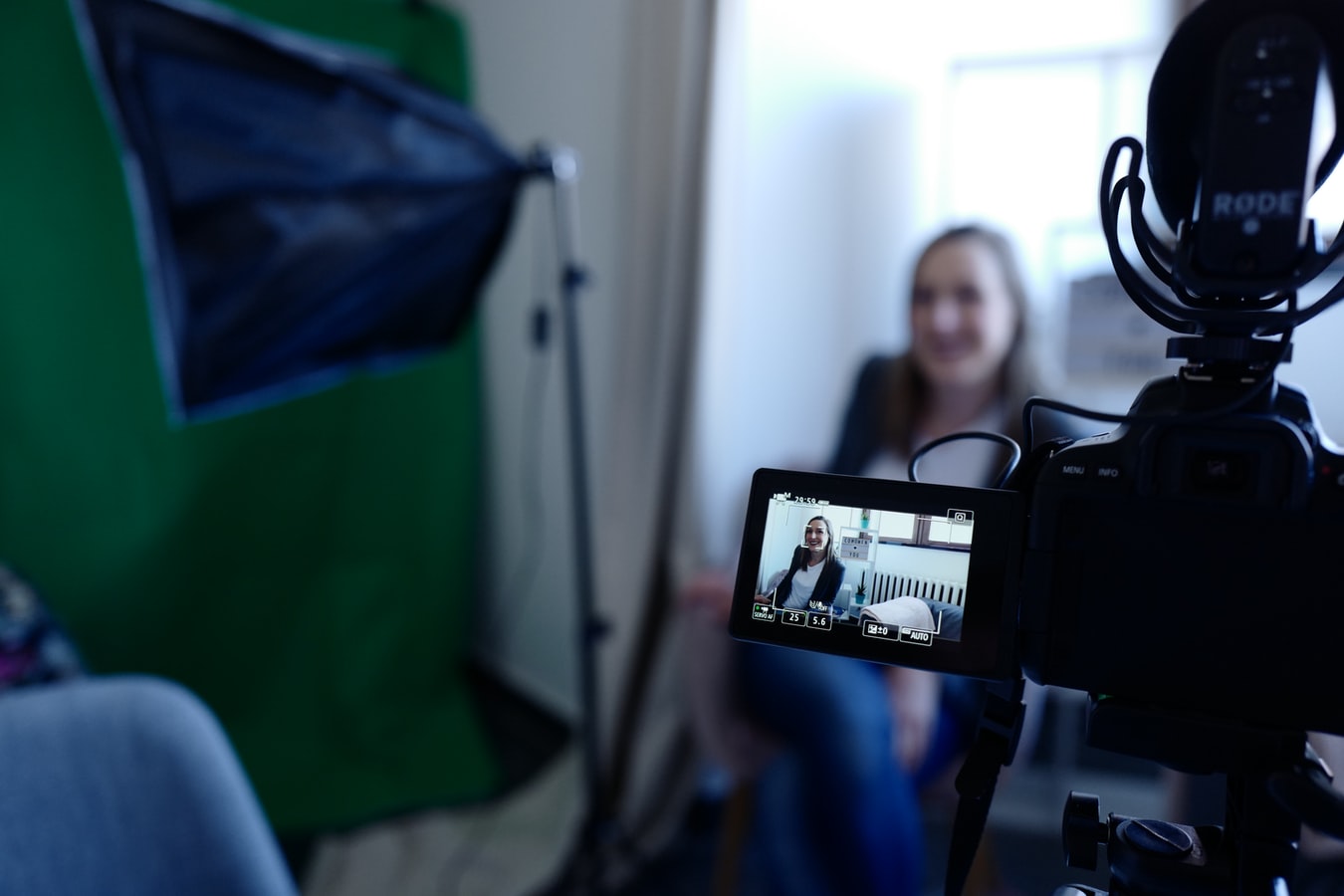
Many times organizations will choose spokespeople based on their subject matter expertise. But being an expert in your field doesn’t always translate to delivering great media interviews. Even a seasoned spokesperson can quickly tank an interview if you haven’t appropriately prepared for it.
1. Know whom you’re talking to
Get to know the reporter’s style and interests by reading past stories they’ve done for the publication. If he often gets really technical you’ll know it’s OK to use more advanced language during your interview. If she tends to reference specific data points, you can come prepared to the interview with some. Does the reporter seem to have a serious disposition or are they more lighthearted?
Even simply referencing a past article or feature story the reporter published will show them that you came prepared, which makes a great first impression.
2. Practice your key messages
It’s never a good idea to jump into an interview and just answer questions without a thought for what you want the audience to know. So work with your public relations team to identify two or three key messages you want to communicate during the interview.
3. Prep for the questions you might be asked
After defining your key messages, list out some potential questions the reporter is likely to ask you. When setting up the interview you or your public relations team can ask the reporter what they’d like to cover during the conversation, which will help you in identifying these potential questions.
Now that you have a list of questions, define your answers to them. This is a great opportunity to see where you can weave in your key messages so every answer ties back to your communications objectives.
Make sure your answers are short and to the point – one or two sentences at most. When you get long-winded, you give the journalist the opportunity to choose which parts to use or omit, and can result in key messages getting lost in translation.
4. Be ready for the worst
It’s important to prepare for the questions you’re likely to get asked during an interview, but it’s also key to be ready for the worst. Think about the topics or questions you really don’t want to talk about and have an answer prepared, because you never know what a reporter might ask.
5. Know how you’ll bridge back if the reporter goes off topic
You might get asked a tough question or the reporter may go off on a tangent, so it’s smart to have some prepared segues to bring things back on track. For example:
“That’s an interesting point, but what is really compelling here is ____,” or “actually, our customers tell us ______.”
Good interviewing skills takes practice. A smart way to get “spokesperson” ready is go through a media training session with your public relations team. This will help you to hone your messages, perfect your “sound bites” and give you practice speaking in front of an audience and on-camera so you can polish your style before jumping into the real thing.
{{cta(’27f98d32-e88e-4322-81fd-35b494d72d39′,’justifycenter’)}}
